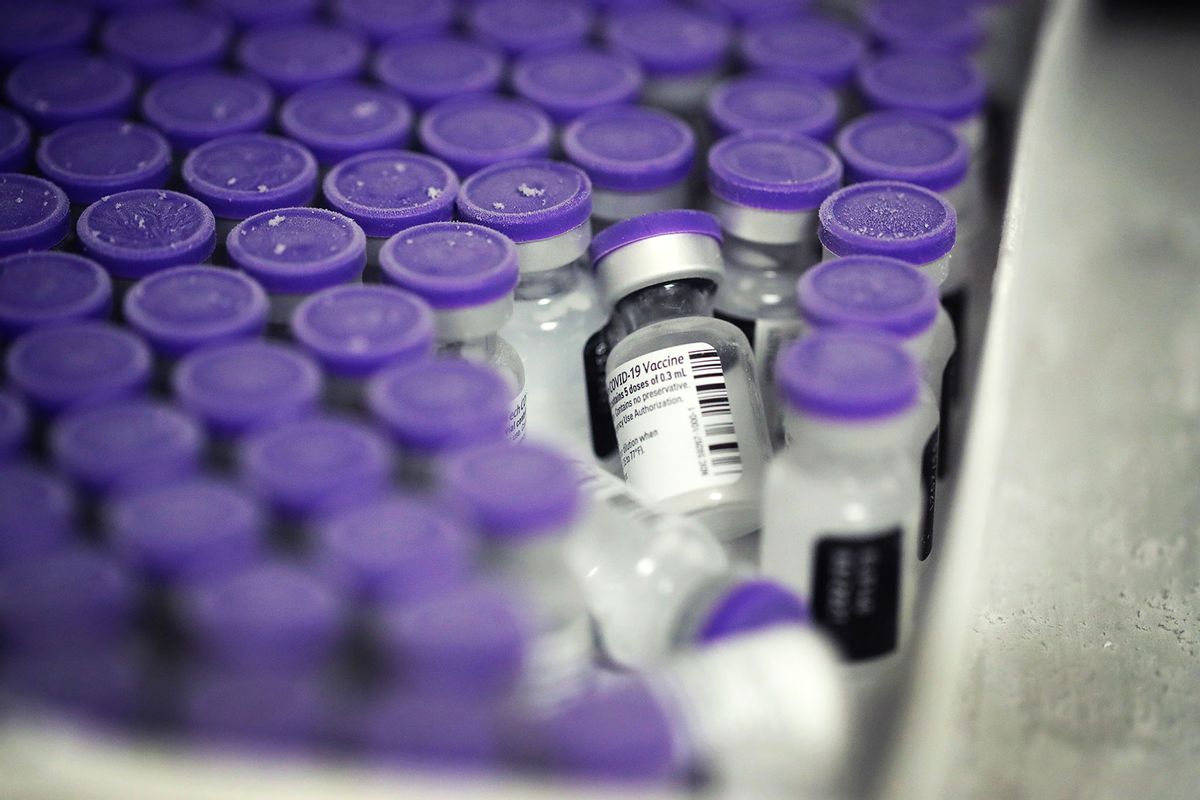The head of the Centers for Disease Control and Prevention (CDC) admitted last week that COVID-19 booster shots will not be available until the end of September. Now that there are reports of a late summer COVID-19 wave, the news raises questions about whether the recent COVID variants will be adequately controlled as the world continues to ride out the pandemic.
As the variants that have driven most infections in 2023, the XBB strains, begin to lose their dominance, the current wave is being spurred by variants like EG.5 (nicknamed "Eris") and FL.1.5.1 (nicknamed "Fornax"). Both are descendants from the XBB family. Scientists have expressed some confidence about containing EG.5., also known as Eris, with Novavax, Pfizer and Moderna also saying their vaccines have shown promising results in early trials.
"I think that these vaccines will provide very substantial protection against EG.5. Maybe just a little bit of loss, but it's nothing that I'm very concerned about," Dr. Mark Mulligan, director of the NYU Langone Vaccine Center, told CNBC. "It looks like we're going to be OK."
Then there's BA.2.86, which has been nicknamed Pirola and has more mutations than any of the other variants currently circulating — more than 30 — and has already been detected at least twice in the United States. But despite what experts call high outbreak potential, it's not the variant currently driving the current surge. Nonetheless, SARS-CoV-2, the virus that causes COVID, does one thing really well and that's mutate to evade our immune defenses. What the fall will look like in terms of COVID cases is yet to be seen, but things are not looking good as hospitalizations, infections and deaths are all on the rise. The latest vaccine updates can't get here soon enough — if people even decide to take them.



Shares